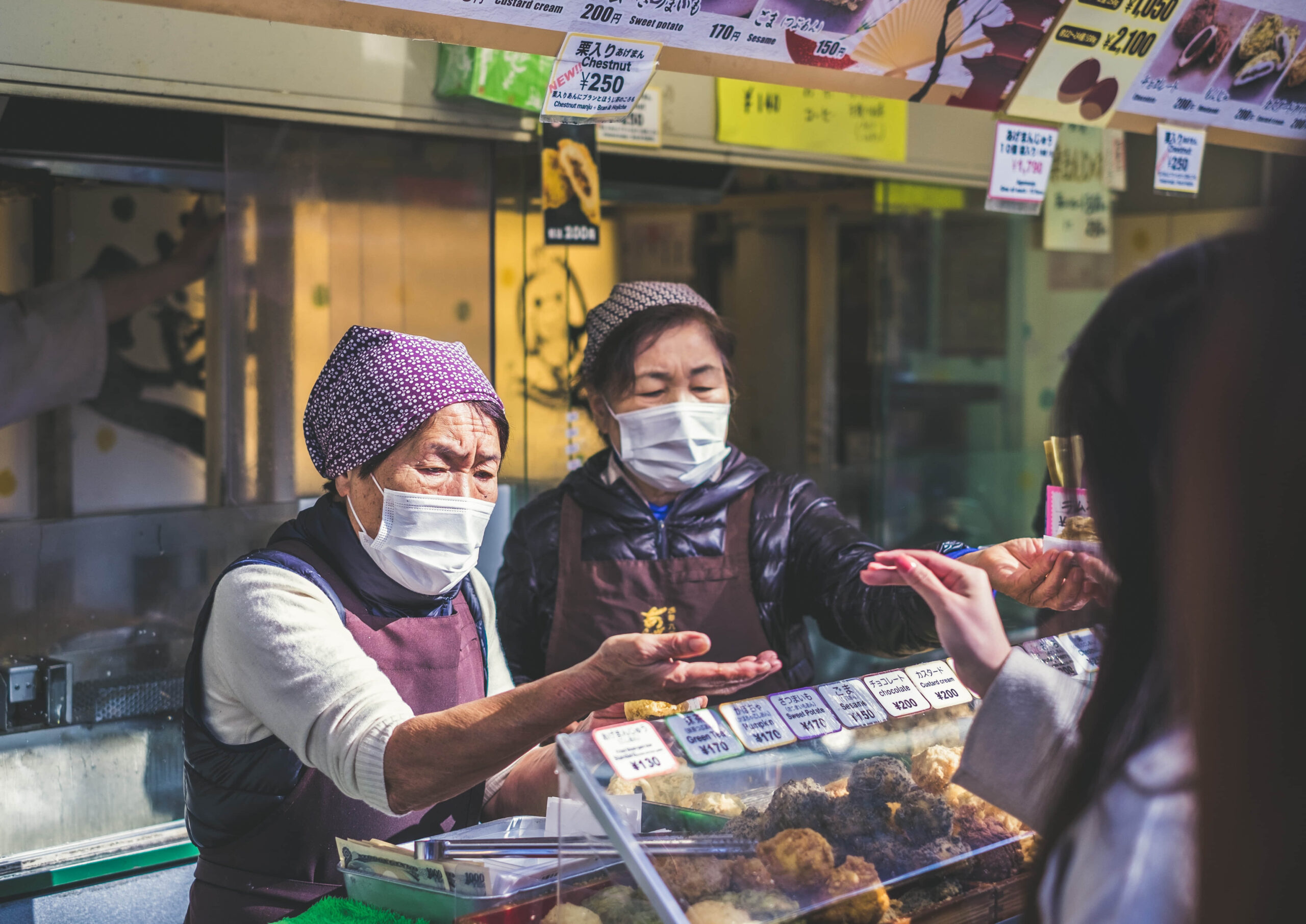Traveling abroad can be an exciting experience, but managing your finances on the road can be challenging. This is especially true when paying for goods and services, as different countries have different currencies, exchange rates, and payment methods. Following are tips for keeping costs low when paying abroad so that you can make the most of your travels and enjoy your time in other countries without worrying about money.
1. Research the Currency Exchange Rate
Before you leave for your trip, research the current exchange rate of the currency you’ll be using in the country you’re visiting. This will give you an idea of what you can expect to pay for goods and services, and you’ll also be able to compare different exchange rates offered by different banks or currency exchanges. You may find better rates online or by shopping around in your home country, which can save you significant money when paying for things abroad.
2. Consider a Travel Money Card
A travel money card is a pre-loaded debit card designed for traveling abroad. You can load the card with your home currency and then use it to pay for goods and services in the local currency without additional fees or charges. Travel money cards are an excellent option for budget-conscious people, as they offer a secure and convenient way to manage your money while traveling. Some travel money cards also offer better exchange rates than traditional banks, so compare the available options.
3. Avoid Dynamic Currency Conversion
Dynamic currency conversion (DCC) is when a merchant offers to charge you in your home currency rather than the local currency. While this may seem convenient, it is often more expensive as the merchant can charge you a higher exchange rate. Always opt to pay in the local currency when given a choice, as this will provide you with a better exchange rate and help you save money.
4. Use Local ATMs
Using local ATMs is convenient and cost-effective for accessing local currency while traveling. Be sure to check with your bank before you leave, as some banks charge fees for using ATMs abroad. Also, be aware of the fees that local banks may charge for using their ATMs. If you do need to withdraw cash from an ATM, try to do so in larger amounts, as this can reduce the fees you’ll have to pay.
5. Pay with a Credit Card
Using a credit card is a safe and convenient way to pay for goods and services abroad, as it protects you against fraud and helps you keep track of your expenses. Some credit cards also offer additional benefits, such as rewards points, cash back, and travel insurance. However, it’s important to check the fees that your credit card issuer may charge for foreign transactions, as these fees can add up quickly and impact your overall cost of traveling.
6. Be Prepared to Bargain
In many countries, bargaining is an accepted way of life and is often expected when shopping in local markets or purchasing goods and services from street vendors. Be prepared to bargain, and don’t be afraid to ask for a lower price. This is especially true in countries where the local currency is strong relative to your home currency. Remember that bargaining is a skill, so be polite, respectful, and willing to walk away if you can’t reach a mutually acceptable price.
7. Shop Around for Local Deals
Before making a purchase, take the time to shop around for the best deal. This can involve comparing prices at different stores, using coupons or voucher codes, or taking advantage of local promotions and discounts. Many shops and restaurants will offer special deals or discounts for tourists, so be sure to ask if any are available. You can also look online for local deals and discounts or sign up for email newsletters from local businesses to stay informed about special promotions.
8. Avoid Tourist Traps
Tourist traps are popular tourist destinations that are often overpriced and offer poor-quality products or services. To avoid falling into these traps, research before you travel and read reviews from other travelers. Also, be mindful of vendors who offer free samples or “special deals” to lure you into making a purchase. These tactics are often used by tourist trap vendors to get you to spend more money than you intended.
9. Plan Your Spending
It’s essential to plan your spending before you travel to stick to your budget and avoid overspending. This means setting a budget for each day or each activity and sticking to it as much as possible. You can also list things you want to buy or do while abroad and prioritize your spending accordingly. Having a plan in place can help you stay on track and avoid overspending so that you can make the most of your travels without breaking the bank.
In conclusion, paying abroad can be a challenge, but proper planning and preparation can be done without breaking the bank. With these tips, you can keep your costs low to focus on creating memorable experiences and making the most of your travels.

